Surviving a Typhoon in Japan: Your Essential Guide
Typhoons are a common occurrence in Japan, especially during the late summer and early autumn months. These powerful storms can bring heavy rains, strong winds, and even flooding to various parts of the country. Knowing what to do during a typhoon in Japan is crucial to ensuring your safety and the safety of those around you. In this comprehensive guide, we will walk you through the steps to take before, during, and after a typhoon hits.
Table of Contents
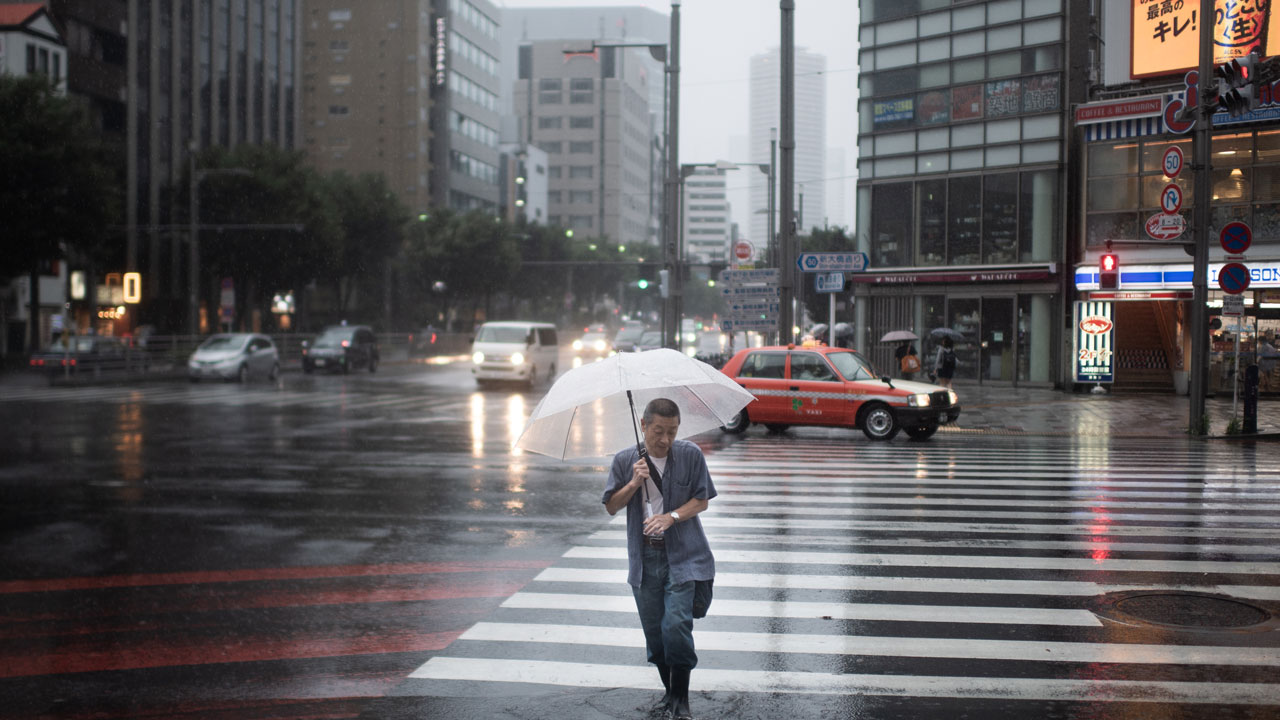
- Understanding Typhoons
- What is a Typhoon?
- Typhoon Season in Japan
- Preparation is Key
- Emergency Kit Essentials
- Evacuation Plans
- Securing Your Home
- Monitoring Typhoon Alerts
- Japan Meteorological Agency (JMA)
- Local News and Alerts
- During the Typhoon
- Staying Indoors
- Power and Water Supply
- Communication
- After the Typhoon
- Assessing Damage
- Safety First
- Helping Others
- Travel Considerations
- If You’re in Japan for Tourism
- Cancelled Flights and Transportation
- Alternative Plans
- Cultural Insights
- Japanese Typhoon Preparedness
- Respect Local Customs
- Typhoon-Related Language Tips
- Useful Japanese Phrases
- Translation Services
- Insurance and Documentation
- Travel Insurance
- Document Safety
- Resources for Further Information
- Government Websites
- Embassy Contacts
- Post-Typhoon Recovery
- Rebuilding and Reconnecting
- Stay Safe, Stay Informed
- Reliable News Sources
- Community Support
- Local Volunteers
- Conclusion
- FAQs
Understanding Typhoons
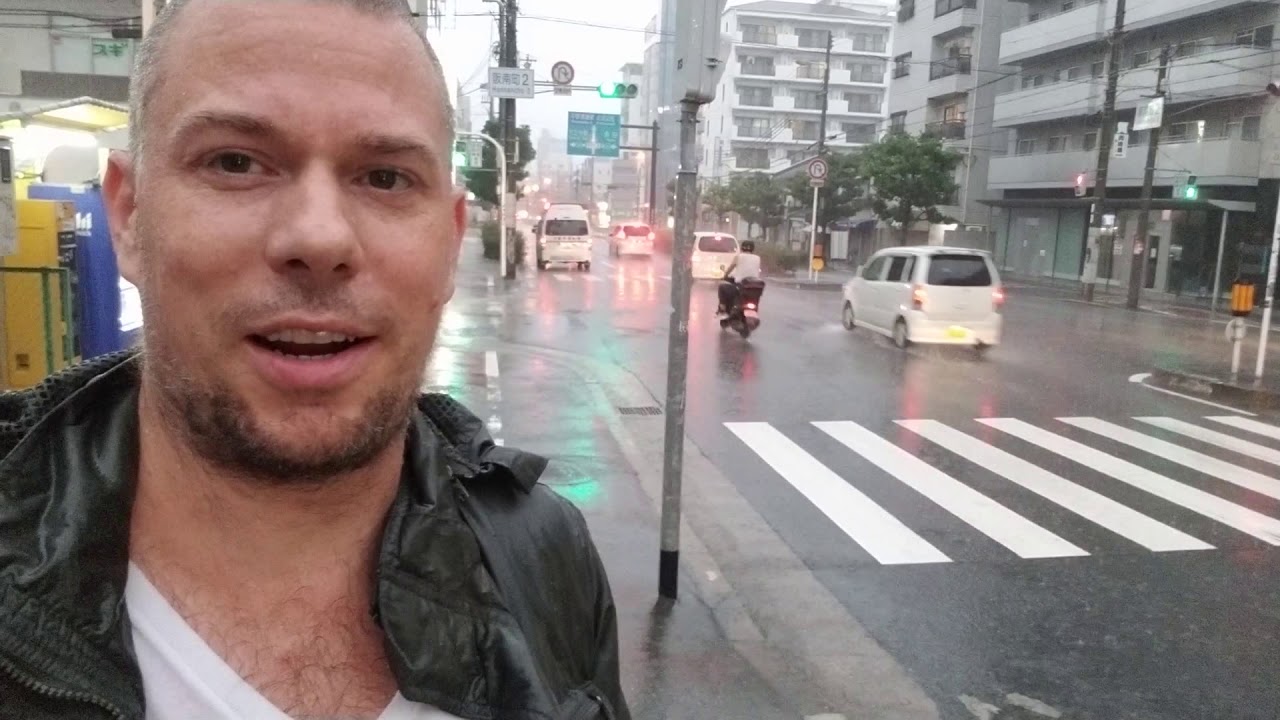
What is a Typhoon?
A typhoon, known as “taifu” in Japanese, is a powerful tropical cyclone that can bring heavy rainfall, strong winds, and flooding. Typhoons typically form over warm ocean waters and can wreak havoc when they make landfall.
Typhoon Season in Japan
Japan experiences typhoons from June to December, with the peak season usually occurring from August to October. These storms can disrupt travel plans, daily life, and even cause significant damage.
Preparation is Key
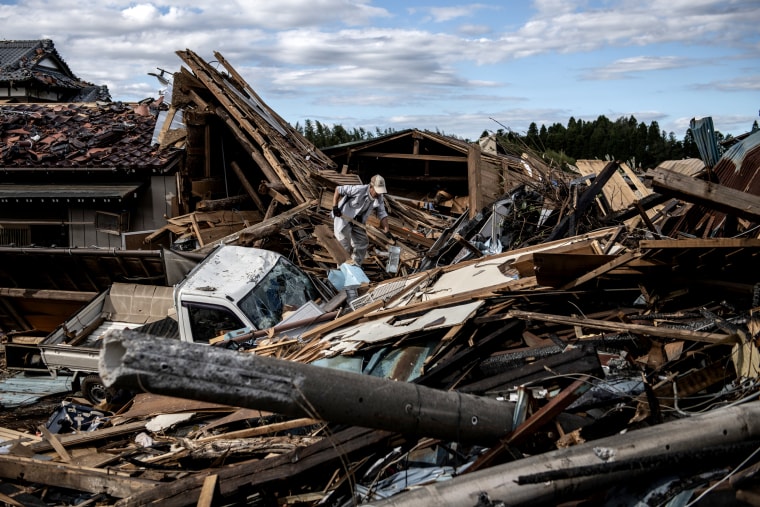
Emergency Kit Essentials
Before a typhoon strikes, it’s crucial to assemble an emergency kit. Include items like non-perishable food, water, a flashlight, batteries, a first-aid kit, and important documents.
Evacuation Plans
Familiarize yourself with local evacuation routes and shelters. Having a plan in place can make all the difference in a crisis.
Securing Your Home
Ensure that your home is typhoon-ready by reinforcing windows, doors, and roofs. Loose objects in your yard should be secured to prevent them from becoming projectiles in strong winds.
Monitoring Typhoon Alerts
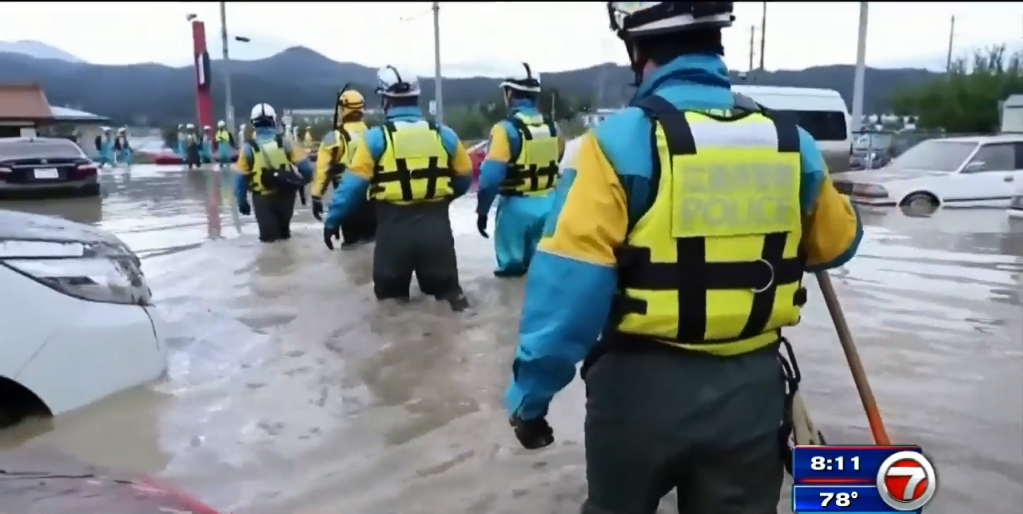
Japan Meteorological Agency (JMA)
The JMA provides regular updates and alerts about typhoons. Pay close attention to their warnings and follow their guidance.
Local News and Alerts
Stay informed through local news channels and apps. These sources often provide real-time information on the typhoon’s path and impact.
During the Typhoon
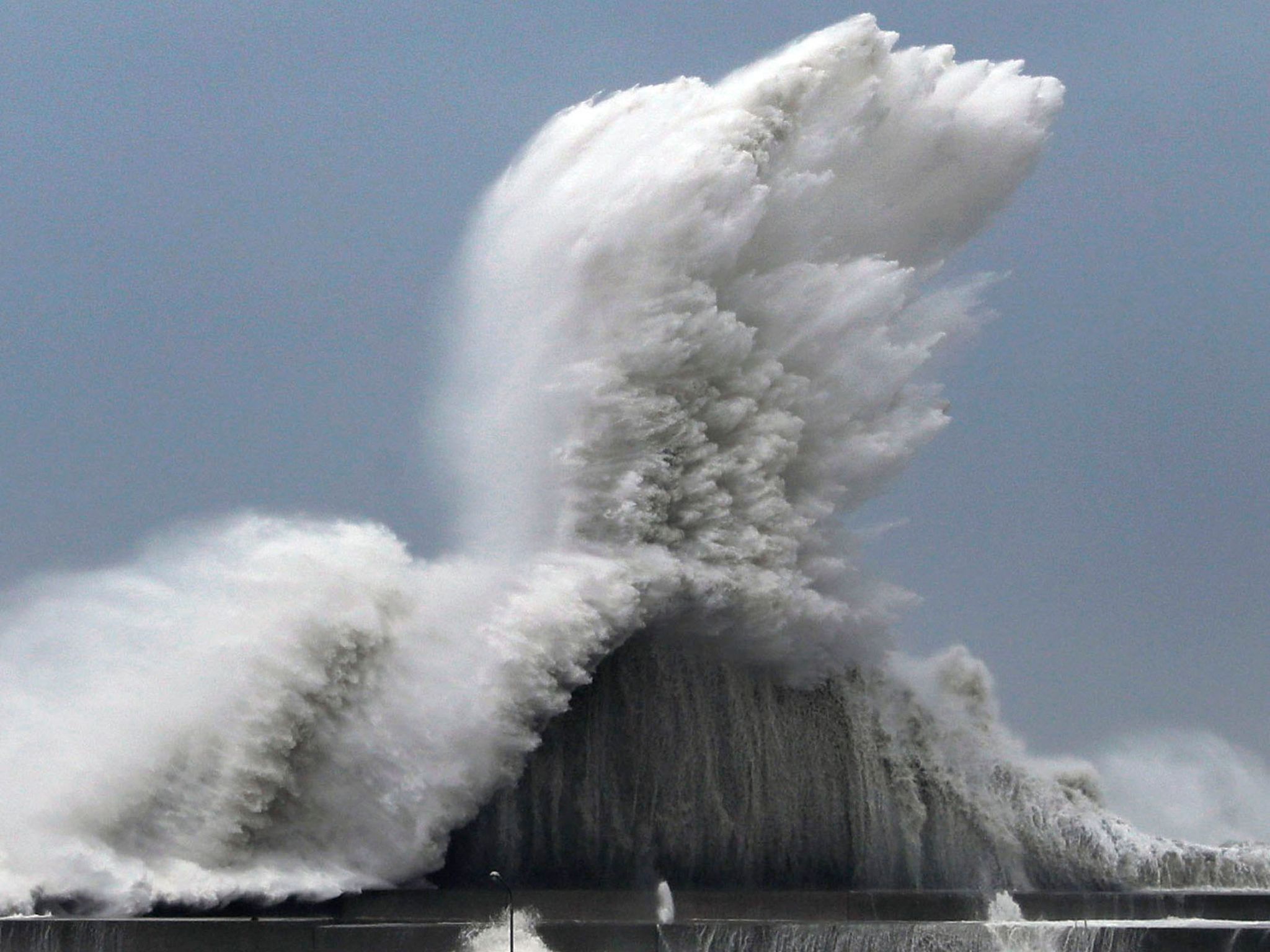
Staying Indoors
When the typhoon hits, stay indoors and away from windows. Typhoons can unleash flying debris that poses a serious threat to your safety.
Power and Water Supply
Expect power outages and water supply disruptions during a typhoon. Have sufficient supplies to last until services are restored.
Communication
Keep your phone charged and use it only for emergencies. Communicate with family and friends to ensure their safety as well.
After the TyphoonAssessing Damage
After the typhoon passes, assess your surroundings for damage. Be cautious of fallen power lines and unstable structures.
Safety First
Put your safety first and follow local authorities’ instructions. Only venture outside when it’s safe to do so.
Helping Others
If you are safe and able, consider helping neighbors and those in need. Community support is essential during these times.
Travel ConsiderationsIf You’re in Japan for Tourism
Travel plans may be affected by typhoons. Stay in touch with your travel agent or airline for updates on cancellations and rescheduling.
Cancelled Flights and Transportation
Expect disruptions in flights, trains, and buses. Have a backup plan and alternative transportation options.
Alternative Plans
If your itinerary is disrupted, explore indoor attractions, museums, or local cultural experiences until the storm passes.
Cultural InsightsJapanese Typhoon Preparedness
Learn from the Japanese people, who are well-prepared for typhoons. Follow their lead in taking safety precautions seriously.
Respect Local Customs
While in Japan, respect local customs and traditions, especially during challenging times like typhoons.
Typhoon-Related Language TipsUseful Japanese Phrases
Knowing basic Japanese phrases can be invaluable. Learn phrases related to safety, emergencies, and seeking assistance.
Translation Services
Consider using translation apps or services to bridge language barriers during emergencies.
Insurance and DocumentationTravel Insurance
Ensure you have travel insurance that covers unexpected events like typhoons. Keep your insurance documents easily accessible.
Document Safety
Store important documents in waterproof containers. This includes passports, visas, and identification.
Resources for Further InformationGovernment Websites
Visit official government websites for the most up-to-date information on typhoon alerts and safety measures.
Embassy Contacts
Keep your embassy’s contact information handy in case you need assistance.
Post-Typhoon RecoveryRebuilding and Reconnecting
After the typhoon, communities come together to rebuild. Consider volunteering or supporting local recovery efforts.
Stay Safe, Stay InformedReliable News Sources
Rely on reputable news sources for accurate and timely information during typhoons.
Community SupportLocal Volunteers
Support local volunteer groups that provide assistance during and after typhoons. Your help can make a difference.
Conclusion
In Japan, typhoons are a part of life during certain times of the year. Being prepared and informed is your best defense against these powerful storms. Remember, your safety and the safety of others should always come first. By following the guidelines and tips provided in this article, you can navigate a typhoon in Japan with confidence and resilience.
Key words
- jobs in japan 2024
- living in japan 2024
- what should do in japan 2024
- tour around japan 2024
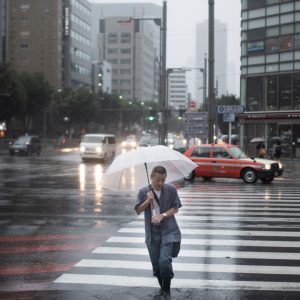
No Responses